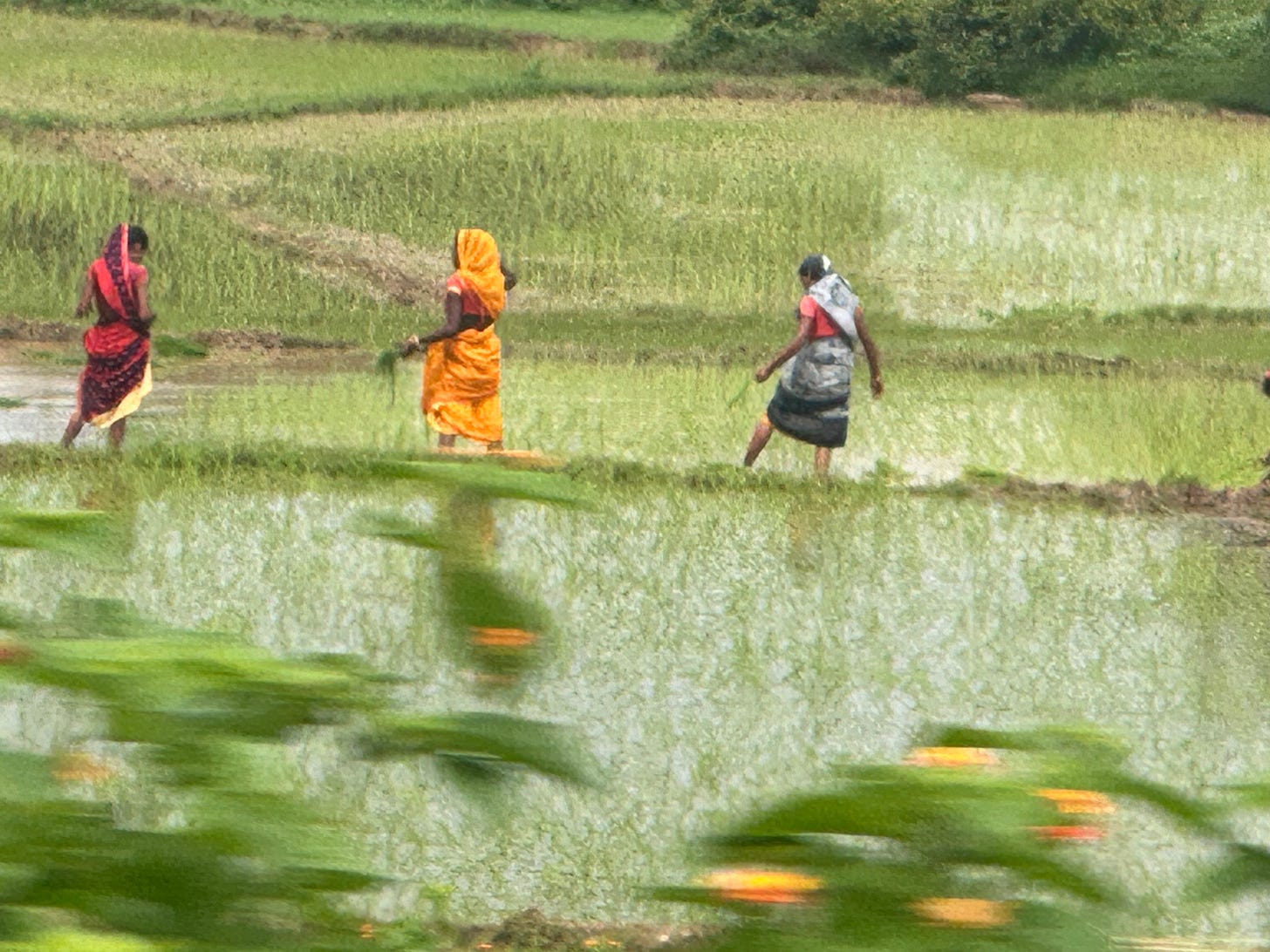Solar or Diesel? Veena Devi’s Dilemma for Reliable Energy Matters for Climate Action
Second dispatch from rural Jharkhand unpacks the challenges of climate action. Women farmers pioneer sustainable agriculture with NGO support. A look into innovative approaches driving gender equity.
A few years ago, Veena Devi, a small farmer with a landholding of less than five fragmented acres, took a big bet.
She'd already started, with the support of an NGO, Collectives for Integrated Livelihood Initiatives or CInI, a polyhouse for seedlings. To grow her business, she knew the next step was to offer grafted seedlings, which are sturdier against pests and disease. A polyhouse is a specially designed plastic tent, and the next level is a more advanced chamber where factors such as temperature, humidity, and even light can be controlled more accurately.
Grafted seedlings command a price of at least Rs 10 each, compared to non-grafted ones of Rs 1.10-3.50.
Read the first dispatch of the two-part series here, From a 'nobody' to a role model: The man behind a sustainable agri-startup.

So she invested a hefty Rs 10 lakhs to make a more advanced structure called a polycarbonate chamber. To control the light, humidity, and temperature accurately, she’s installed industrial fans and pumps in addition to the usual sensors and sprinklers. But to operate these, she needs power, and the grid is unreliable. Power outages threaten the quality of her seedlings and profits.
To fix this, Veenu Devi knows she has to get a reliable source of energy. She has to choose between diesel generator sets (DG) and solar power. Both will cost her about Rs 3.5 lakhs, yet she's leaning towards the DG, which emits greenhouse gases. These are easier to procure and set up in this remote region, even though solar power will eventually have lower running costs.
The dilemma is not hers alone.

What will it take to convert all the climate talk at negotiations, conferences, and government halls into climate action for the many Veena Devis who are not in these rooms? Who can ensure that climate funds benefit those who need them the most and need them now?
Interventions to help small businesses adopt renewable energy must be made more urgently. It can be done. Many social organisations have been mapping the demand and the risk for finance. Some agri-entrepreneurs may even be willing to take loans, at least part of the financing.
Outside Veena Devi’s house is a sign reading Veena Devi Enterprises. She plans to grow her agribusiness. But she and others like her who are breaking out of poverty hardly have the luxury of waiting for clean energy solutions to come knocking.


